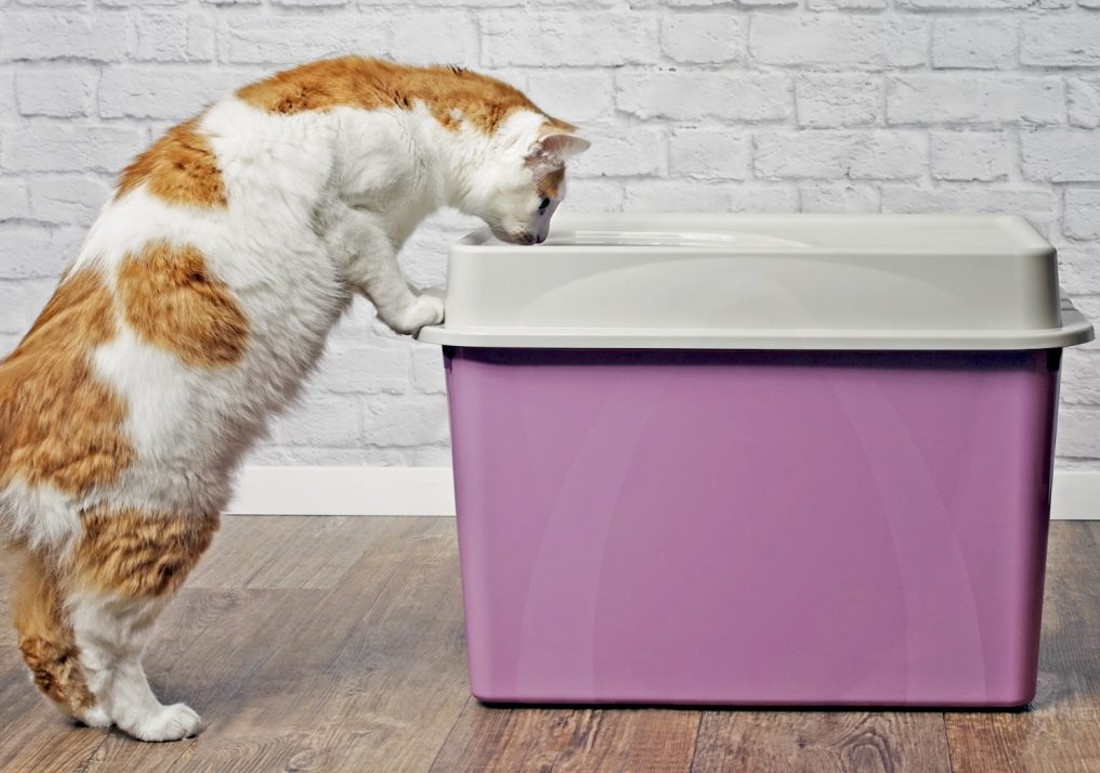Why Is My Cat Pooping Outside the Litter Box? Common Reasons and Remedies

Cats are widely known for their cleanliness, so it can be concerning and frustrating when your feline companion starts pooping outside the litter box. This common issue can be a source of stress for both you and your cat. However, it’s essential to understand that there are various reasons why cats exhibit this behavior, and it’s usually their way of communicating that something is amiss.
In this blog, we’ll explore the most common reasons why cats poop outside the litter box and provide remedies to help you address this issue and restore harmony in your home. Keep in mind that patience, understanding, and a little detective work can go a long way in resolving the problem and ensuring your cat’s well-being.
Medical Issues
One of the first things to consider when your cat is pooping outside the litter box is whether there’s an underlying medical problem. Gastrointestinal issues, urinary tract infections, and other health conditions can cause discomfort, making your cat avoid the litter box.
To rule out any medical concerns, schedule a visit to your veterinarian promptly. If they identify a medical issue, follow your vet’s recommendations for treatment. Once your cat is healthy, they may return to using the litter box.
Litter Box Problems
Sometimes, cats avoid the litter box due to issues with the box itself. These problems can include a dirty litter box, an undesirable type of litter, or an incorrect box size. To remedy this, be sure to keep the litter box clean by scooping waste daily and replacing the litter regularly.
Experiment with different types of cat litter to find the one your cat prefers. Additionally, choose a litter box that suits your cat’s size and preferences, or get two for them and place them in separate areas.
Stress and Anxiety
Cats are sensitive creatures, and stress or anxiety can trigger inappropriate elimination. Changes in the household, new pets, or even loud noises can lead to anxiety-related litter box problems.
Be sure to create a calm and secure environment for your cat. Provide a quiet space where they can retreat, use pheromone diffusers, and consult with a veterinarian or behaviorist for advice on managing stress.
Territorial Marking
Unspayed or unneutered cats may use feces to mark their territory, especially if they perceive a threat or a new cat in the vicinity. Spaying or neutering your cat can reduce territorial marking behaviors. Additionally, limit your cat’s exposure to outdoor cats and ensure they have a secure and stress-free indoor environment.
Changes in Routine
Cats thrive on routine, and even minor disruptions like changes in feeding schedules or the location of the litter box can lead to pooping outside the box. Maintain a consistent routine for your cat, especially when it comes to feeding, playtime, and litter box placement. Gradually introduce changes to their routine to minimize stress.
Behavioral Issues
Sometimes, behavioral issues like dominance or attention-seeking behaviors can lead to inappropriate elimination. Work with a professional cat behaviorist to address underlying behavioral issues. They can provide guidance on modifying your cat’s behavior and creating a harmonious environment.
Conclusion
Understanding why your cat is pooping outside the litter box is the first step in resolving this common issue. There are remedies and solutions available to help you and your cat overcome this challenge. Patience, consistent care, and seeking professional guidance when necessary will go a long way in restoring your cat’s litter box habits.
Your Pet’s Best Interest, Always
At Pet Institute, we take pet care seriously. We're dedicated to transparency, impartiality, and the well-being of your pets in every article, review, and recommendation we provide. Our unwavering commitment to these principles ensures that you, our valued reader, always receive reliable and unbiased information. Let us be your trusted guide in the world of pet care and companionship.